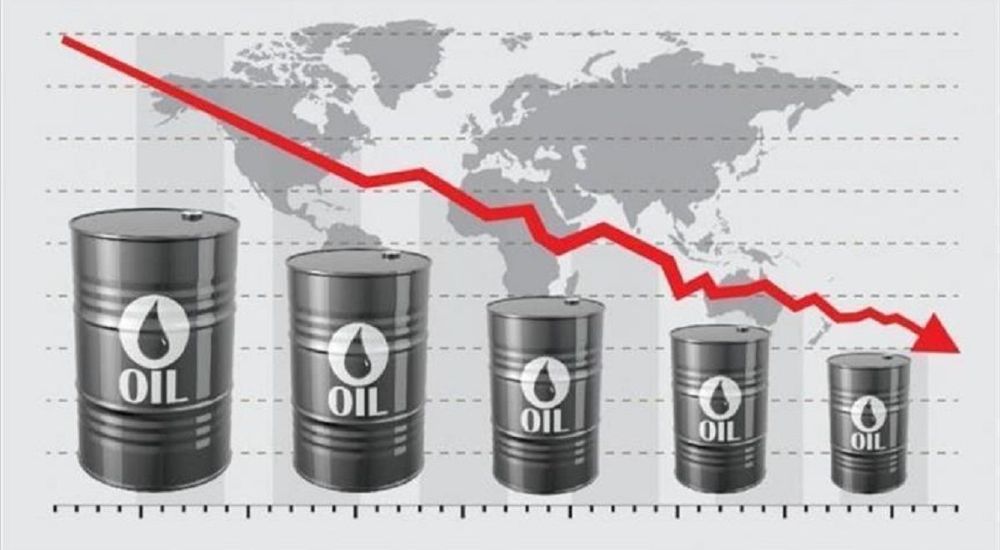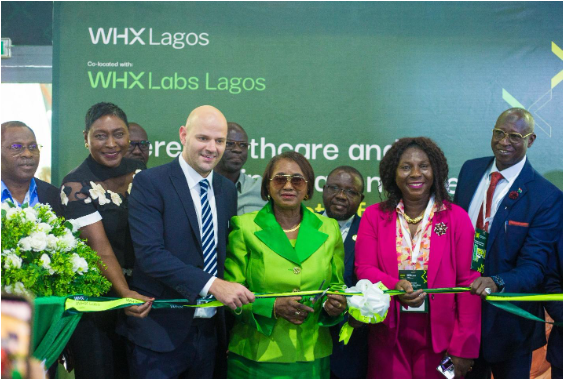Afreximbank Launches $3B Oil Trade Fund to Cut Africa’s Fuel Import Bill

In a bid to tackle Africa’s enduring dependence on imported refined petroleum, which costs the continent an estimated US$30 billion annually due to insufficient local refining capacity, the African Export-Import Bank (Afreximbank) has introduced a US$3 billion Revolving Intra-African Oil Trade Financing Programme.
This initiative is designed to support the procurement of refined petroleum products by oil buyers across Africa and the Caribbean.
Structured as a revolving credit facility, the programme is projected to facilitate between US$10 billion and US$14 billion worth of intra-African petroleum trade. It aims to build on the expanding refining infrastructure that Afreximbank has helped develop across the continent, while also supporting the goals of the African Continental Free Trade Area (Afcfta)—notably, boosting trade within Africa, accelerating industrial growth, and generating employment.
Through customised financial instruments and supply chain solutions that meet the specific demands of industry stakeholders—including tenure, pricing, and logistics—the programme aims to reinforce Afreximbank’s core priorities. These include enhancing energy self-sufficiency, fortifying regional value chains, and increasing economic resilience across Africa and the Caribbean.
Afreximbank has played a pivotal role in financing major refining projects across the continent. It is the primary financier behind the Dangote refinery, which began operations in January 2024. The bank is also involved in funding Angola’s 200,000 barrels-per-day (bpd) Lobito Refinery and previously supported the 60,000 bpd Cabinda Refinery. In Nigeria, it has contributed to the revitalisation of the 210,000 bpd Port Harcourt Refinery and has recently approved funding for the Bua and Azikel refineries.
These strategic investments, along with continued trade financing for the Société Ivoirienne de Raffinage (SIR) in Côte d’Ivoire, are positioning Afreximbank to help create over 1.3 million bpd of refining capacity. This would transform the Gulf of Guinea into a major refining hub, shifting its role from crude oil exporter to a centre for petroleum processing, serving both the continent and global markets.
The financing programme will focus on trading refined petroleum products such as Premium Motor Spirit (PMS), Automotive Gas Oil (AGO), Heavy Fuel Oil (HFO), Jet Fuel, and Kerosene. Eligible exporters include operational refineries located within Africa.
Primarily, the US$3 billion facility is aimed at providing essential trade finance to oil traders—both within Africa and internationally—as well as to financial institutions, government ministries responsible for energy or petroleum, and state-owned enterprises tasked with importing refined products. These entities will be able to source refined fuels from African refineries for domestic use and, where applicable, for export.
Afreximbank’s trading subsidiary, ATDC Minerals (ATMIN), is expected to actively engage in the trading and financing efforts. Long-standing partners of Afreximbank in the oil trading sector are also anticipated to lend their support to the programme.
Once approved, applicants can access financing under the global limit by meeting Know Your Customer (KYC) requirements and other specified conditions. These include issuing or confirming Letters of Credit or equivalent trade instruments, naming African refineries as beneficiaries, and enabling the discounting of these instruments to ensure prompt payment. The programme also supports prepayments and direct financing arrangements with qualified African refineries.
Commenting on the initiative, Professor Benedict Oramah, President and Chairman of the Board of Directors at Afreximbank, stated that the programme “would galvanise efforts towards making the Gulf of Guinea a key refining hub.
“While the programme will have a direct impact on the volume of refined petroleum products produced and consumed in Africa, it will also have a multiplier effect on the downstream petroleum value chain, as it will catalyse critical investments in shipping and marine logistics for intra- and extra-African trade of crude oil and refined products.
“The multiplier effect will also be seen in marine cargo insurance and other ancillary businesses within the sector. We want to see an increased proportion of the approximately 4 mbpd of crude oil produced in the Gulf of Guinea refined in Africa.”
His Excellency Dr. Lazarus Chakwera, President of the Republic of Malawi, also praised the initiative, saying, “This programme is a clear demonstration of Africa’s resolve to take charge of its energy future.
“We commend Afreximbank for this timely intervention, which stands to benefit African countries like Malawi by reducing import dependency, strengthening regional supply chains, and keeping more value within the continent. Most importantly, it will deliver real impact to our citizens by ensuring more stable and affordable access to refined petroleum products, which are essential to Malawians’ daily lives and economic productivity.”




